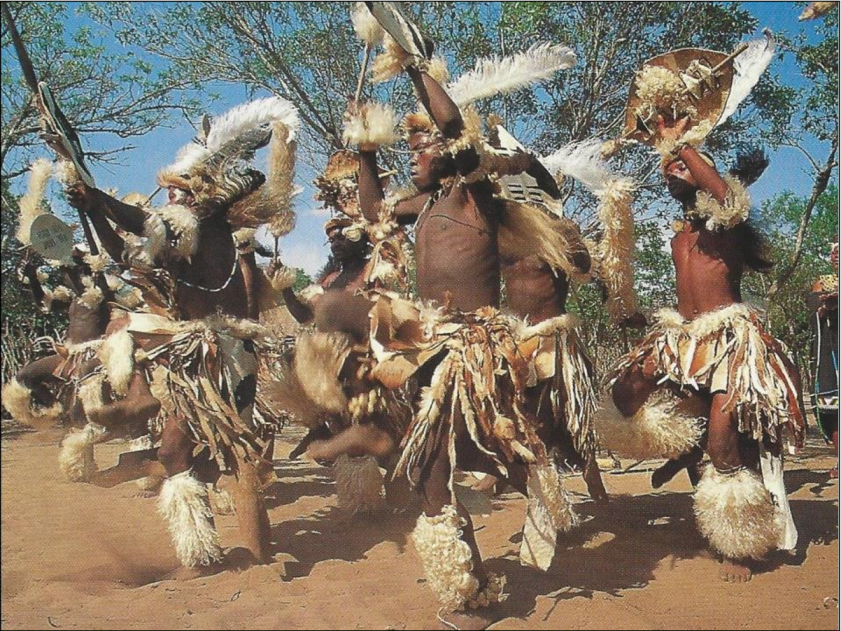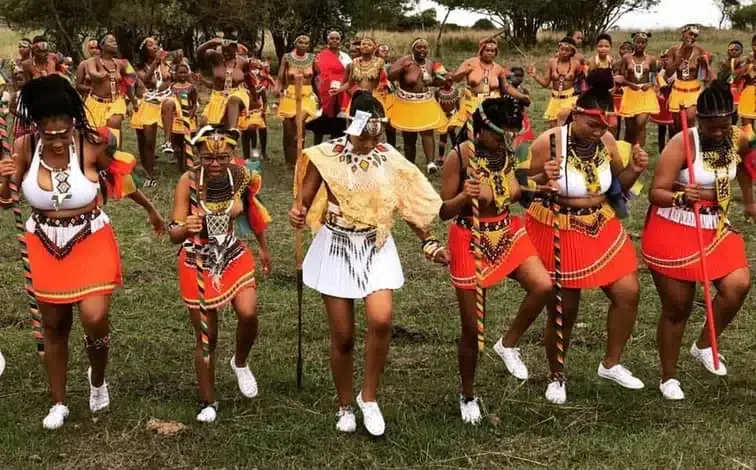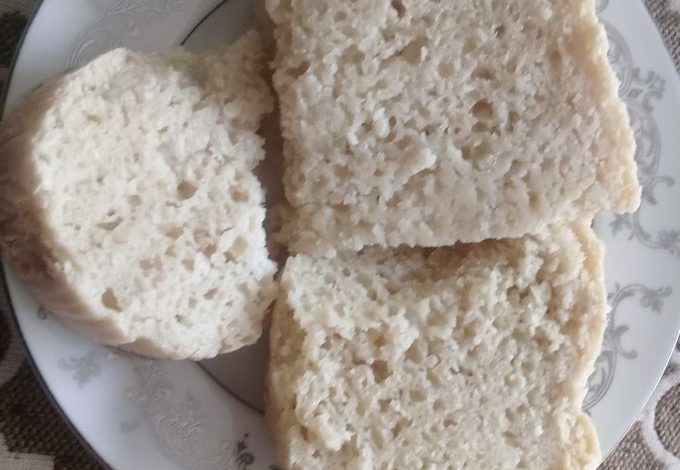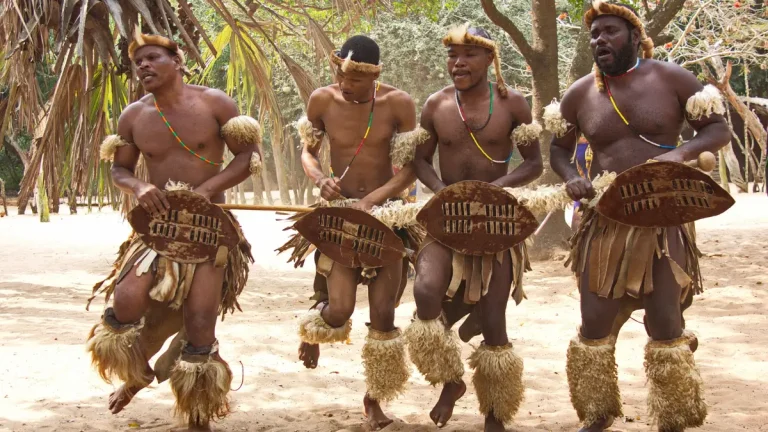Gauteng may wear the badge of South Africa’s modern economic hub with its skyscrapers, malls, and highways, but listen closely and you’ll still hear the echoes of impi war songs and the thump of ceremonial drums. The province holds the largest concentration of Zulu people outside KwaZulu-Natal, and their traditions continue to shape everyday life here. IsiZulu remains the most spoken home language in Gauteng – over 23% of households use it – proof that this heritage has not only survived urbanisation, but flourished in it.
Thank you for reading this post, don't forget to subscribe!ALSO READ: Heritage Day Spotlight: Basotho Culture, Blankets, and Family Traditions
A Living Legacy in the City
When Zulu migrants first arrived in “eGoli” to work in mines and factories, they brought more than their labour. They carried language, customs, and an identity that continues to fuel township and city life.
At taxi ranks, in Soweto churches, and at Pretoria weddings, isiZulu voices dominate. Elders insist on passing down proverbs and izibongo (praise poems), while Ukhozi FM – one of SABC’s most popular radio stations – keeps isiZulu music and storytelling alive for millions in Gauteng.
“Language is the vessel of culture,” says cultural commentator Nco Dube. “When we lose our mother tongue, we lose the moral frameworks and memory that make us who we are.”
Music and Dance: Beating in Urban Spaces
No cultural festival in Johannesburg feels complete without the stomp of indlamu dancers or the harmonies of an isicathamiya choir. Weddings, funerals, and markets still erupt in song and dance – powerful displays of heritage that bridge past and present.

Community centres and cultural villages like Lesedi near Lanseria keep these rhythms alive. “Our culture is the light of our nation. Whoever walks here amongst our cultures also sees the light,” Lesedi’s custodians remind visitors.
Even on the streets, Zulu culture thrives. Maskandi guitarists perform at taxi ranks, and migrant hostel troupes gather for weekend dance-offs in Soweto. These aren’t staged shows – they are everyday affirmations of identity.
Ceremonies and Rites in the City
In Gauteng townships, Zulu rituals adapt but never disappear. A wedding may take place in a Sandton church, but lobola negotiations and ukugida (family dances) seal the union. Families still slaughter cattle or goats, share umqombothi (traditional beer), and sing ancestral songs to bless the occasion.
Coming-of-age ceremonies like umemulo for young women continue, often held in backyards rather than kraals. In Pretoria, a sangoma’s advice or a visit to the bustling Faraday Muthi Market reflects how ancestor veneration and indigenous healing coexist with Christianity and modernity.

“Urbanisation doesn’t erase tradition – it reshapes it,” says cultural facilitator Zanele Khumalo in Tembisa. “Even in the city, we make space for our ancestors.”
Visible Threads: Beads, Attire, and Food
Heritage in Gauteng doesn’t hide – it shows up on bodies and dinner tables.
Markets from Rosebank to Mamelodi showcase intricate beadwork, each colour-coded pattern telling a story about love, status, or family. Traditional attire still dominates Heritage Day parades: women in beaded isigege skirts, men with cowhide shields and warrior regalia.

Food also anchors Zulu identity. Steaming uphuthu with sour milk, ujeqe (steamed bread), or a hearty tripe stew remain staples in many homes. Township restaurants dish up these flavours daily, often served communally in one basin – a practice that embodies ubuntu.

“Zulu food is extremely traditional and commemorates our history,” notes Chef Andile Sikhakhane. “It connects us to our ancestors, even in the middle of the city.”
The Struggle to Pass It On
Urban youth often face the pull of global pop culture, but elders actively create bridges. Some parents send their children to KwaZulu-Natal for school holidays to experience rural life. Others run storytelling sessions, beadwork workshops, or etiquette classes in Gauteng townships.
King Goodwill Zwelithini once said: “When I am in front of my people, I must remind them of who we are.” In Gauteng, that responsibility now falls on parents, teachers, and cultural leaders.
These efforts ensure that even as Zulu youth wear sneakers and scroll TikTok, they also know their praise poems, family rituals, and heritage songs.
Why It Matters
Zulu heritage does more than preserve identity – it fuels Gauteng’s social fabric.
It builds dignity among young people, reminding them their roots are not outdated but essential. It creates unity in a diverse province, where neighbours celebrate each other’s traditions. And it powers tourism: visitors who come for Joburg’s skyline are captivated by dance shows in Soweto, beadwork in Pretoria markets, and traditional food tours across the province.
“Cultural villages aren’t tourist gimmicks,” notes a Gauteng tourism report. “They are spaces where heritage lives – where language, crafts, and rituals remain relevant.”
Each performance, each bead, each song keeps the culture in circulation and ensures that future generations inherit more than skyscrapers – they inherit pride.
Keep the Beat Alive
Zulu traditions in Gauteng thrive because people keep them alive. Whether you’re Zulu or not, you can help strengthen this heritage:
- Learn isiZulu – even greetings build bridges.
- Join cultural events – attend a dance show, eat traditional food, ask questions.
- Support local craftsmen – buy beadwork or taste traditional meals at township eateries.
- Listen to elders – their stories are history books we can’t afford to lose.
- Celebrate respectfully – wear cultural attire proudly and share your experiences responsibly online.
As one Soweto resident put it at a heritage site: “This place is our imagination made visible. African heritage is not just in books – it’s in stone, song, and colour.”
Gauteng’s city lights may frame the skyline, but its soul beats to the rhythm of heritage. By learning, celebrating, and protecting Zulu traditions, we keep ubuntu alive in the City of Gold.
Umuntu ngumuntu ngabantu – a person is a person because of others. In celebrating one another’s heritage, we make Gauteng stronger, prouder, and more united.




